Edwin Auza Villegas had been vegetarian for 40 years and became a whole food, plant-based vegan 3 years ago after taking an online nutrition course through Cornell University with T. Colin Campbell, PhD. Edwin is retired from professional academia in engineering and human ecology and lives in Lagoa Santa, Minas Gerais, Brazil. It is still so amazing to me that Edwin and I can sit across from each other on our computer screens roughly 6,000 physical miles apart and feel so close, instantly comfortable, and like good friends. It was an honor to speak with Edwin and listen intently to his spiritual health journey.
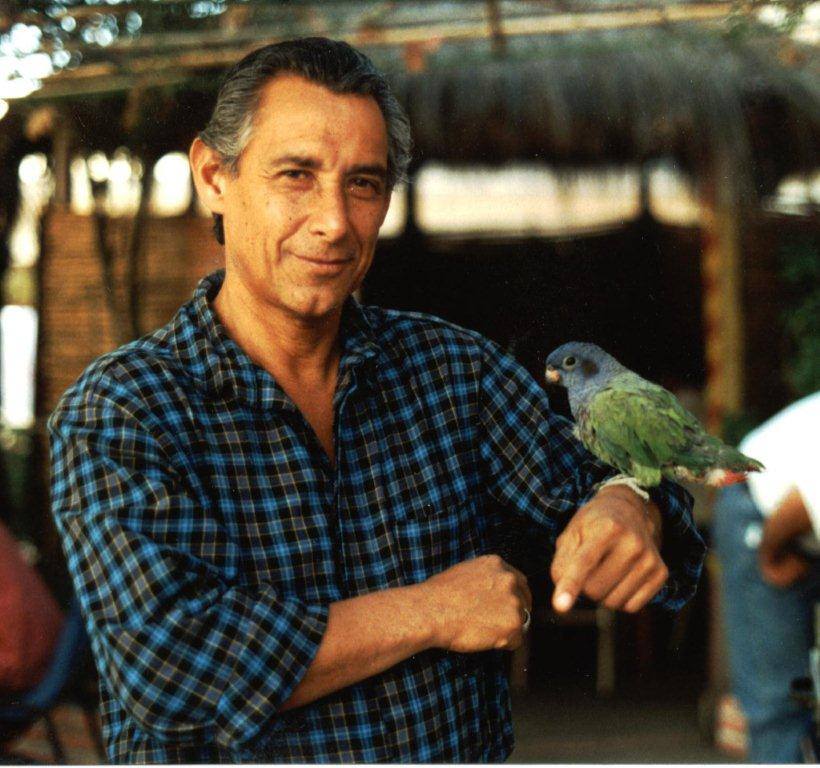
Carla: What inspired you to become vegetarian 40 years ago?
Edwin: It was for the animals. I love animals and they have always been a big part of my life ever since I was a small child. When I was about 28 years old at Stanford University in California, USA, for my postgraduate studies, I realized that it’s not okay to love animals and then to eat their flesh. I became conscious of their suffering. In 2017 I stopped eating milk, cheese, yogurt and other vegetarian animal-based foods.
When I was a little boy in Sucre, Bolívia, we used to have cats and dogs in our house. I loved pigs, sheep, and goats. I think animals are our teachers, our professors, and our instructors. I started observing and studying them and began to feel very close to them.
Animals and plants, I believe, are always trying to get in contact with us in some way to communicate. We have to listen very carefully. We are the ones detached from nature and our innate animal powers and so we don’t usually listen to them. We cannot hear. If we observe the plants and the animals and their behaviors we will understand that they are all pure. They are creatures of God and more pure than the human being because they have no bad things in their hearts.
Carla: Do you live with animals now?
Edwin: Yes I live with two stray dogs, lots of birds, and garden butterflies. I am involved with a local charity that helps animals. We rescue them from the streets, take them to our shelter, treat them to restore their health, and then adopt them out to loving homes. Ten to twenty percent of my income, which according to the Bible is supposed to go to church, goes to this animal protection agency where we are taking care of 20 dogs and 40 cats. It is a blessing to be with them.
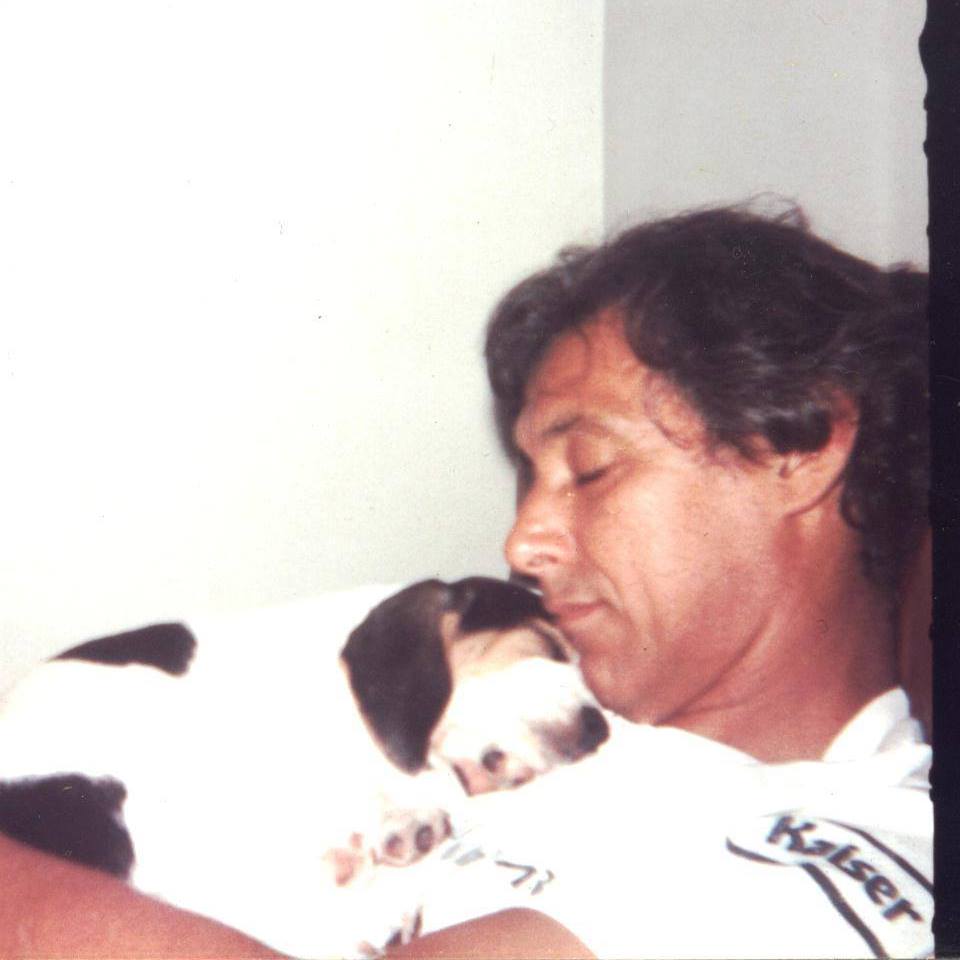
Carla: Are your two dogs from this organization?
Edwin: No. One was wounded in the street. A kind person took him to a veterinarian and I went there to bring him to my home and be responsible for him. They are both wonderful, loving, and protective companions. I feel their protective energy around me all of the time. It’s a blessing. They are grateful and it shows. They are happy and pure. Human beings should be more like this. We are supposed to be more like this.
Carla: Do you grow food in your garden?
Edwin: Yes, my wife and I grow all organic vegetables, flowers, and herbs. Whatever we don’t grow here we buy at the organic market.
My wife doesn’t eat exactly like I do. She consumes dairy and will eat fish at her relative’s house or in a restaurant. She doesn’t cook any meat (cow, pig, chicken, fish, etc.) at our home. We live harmoniously and I don’t feel that it is my work to make these life decisions for her.
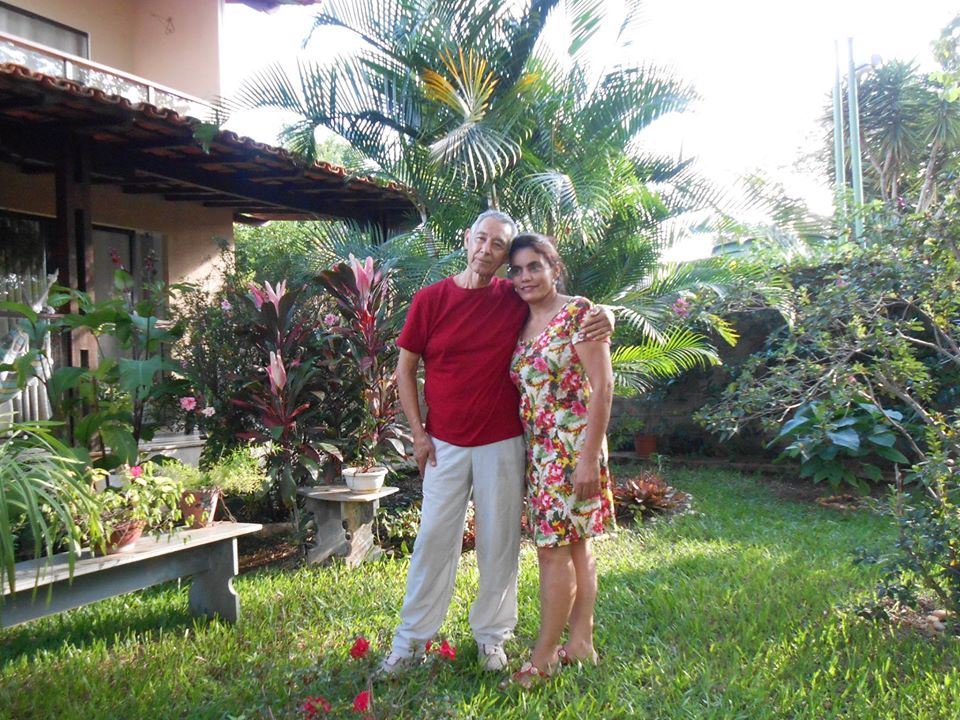
I understand that through this project you are trying to encourage people to become disciplined about adopting a whole food, plant-based diet. I feel that I’m not much use to you because living without consuming animals is very easy for me and I don’t spend a lot of time trying to convince people to change their habits.
Carla: I think you are very useful to this project because there are many people in the world who have a big heart for animals and find it very difficult to go against the patterns of culture to align their actions with their values. In the beginning at least when you took the Cornell nutrition course, you invested time and money to learn why and how to adopt new habits. While you may have been so impassioned that adopting new habits may have felt effortless, you still had to do the work of figuring out what to buy, what to cook, and what to eat to live a healthier and more spiritually aligned life.
Edwin: I see it differently. I don’t think it’s a matter of discipline. I think it’s a matter of consciousness. Disciplined is required when you have to do something of which you’re not convinced. If you’re conscious, if you’re convinced that it is going to be good, changes are effortless. I was eager and happy to take the Cornell nutrition course.
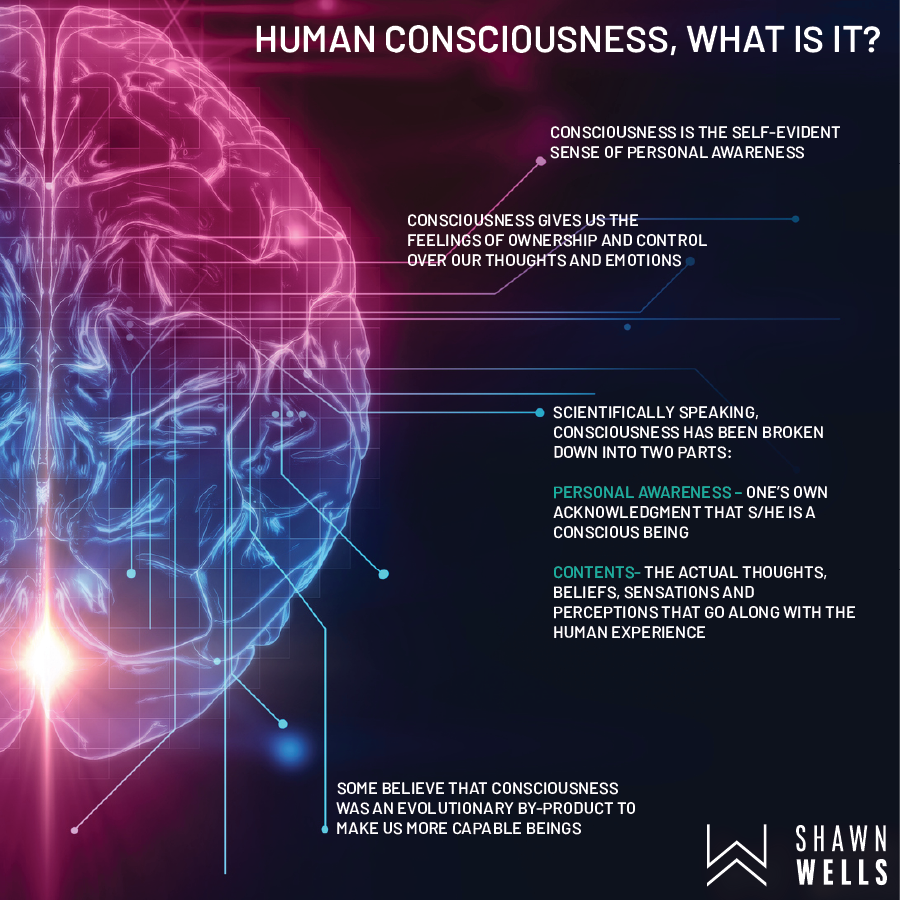
I don’t think people need discipline as much as people need to become conscious. All animals are pure and none of them deserve harm. This is what inspires me to effortlessly live as I do. A person can train themself to be disciplined but a person can not train themself to be conscious. We come to this world with limitations and those limitations are going to determine up to which level of consciousness we can achieve. Depending on how we live our lives, that limit is going to extend more and more. It depends on how we act and our way of life, not on our training. It depends on what kind of being you are. I believe that only about 1% of human beings are conscious. How many people in the world do you think are conscious of what, how, why, when, and who they eat?
Carla: How can someone learn to be conscious?
Edwin: Expand yourself, work on yourself, be yourself, be what you are meant to be here. Most people don’t know what they are or what they came here to do or be. People don’t know that they are here to get acquainted with plants, animals, nature, and other people. Many of us have lost contacts with our souls and that’s why we have so many societal problems.
Carla: Is there hope for humans?
Edwin: Right now, no. We are approaching the Age of Aquarius which means that our planet has to be cleaned up first. That’s the process we are in right now. We are in a transition period starting approximately 1962 and lasting 80 years. I believe there is a reason and greater purpose for everything we are experiencing right now. I believe that we will enter a phase of a beautiful humanity starting around 2040. Much of what I believe and practice in my personal spiritual life comes from when I studied with Astara, a school of the mysteries, in Rancho Cucamonga, California, when I lived and studied in the United States of America when I was 27 years old. I have been on a spiritual path since I was 16 years old when I became a Rosicrucian.
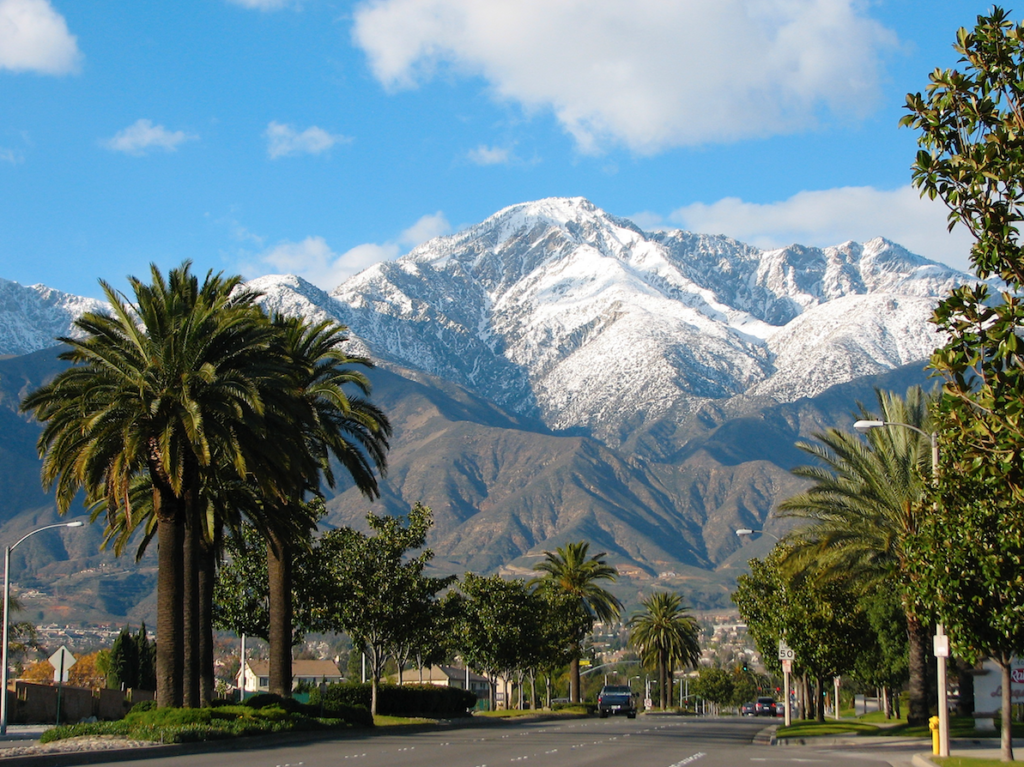
Carla: I imagine you eat in a way that fully supports your health and energetic vibration. Do you eat all whole plant foods or do you indulge in the vegan taste-alikes too?
Edwin: No processed food, no oil, no flour, no sugar. I eat whole plants foods most of the time.
Carla: When you went from vegetarian to whole food, plant-based, did your health improve?
Edwin: I didn’t get sick before but now I have more energy, I sleep better, and I am much more clear of my life’s purpose and work. I also meditate and that helps also. It was a beautiful time for me when I learned from Dr. Campbell. I admire him very much. I am 76 years old now and Dr. Campbell is 86. He inspires me with how clear-minded he is, how active he is, and how devoted he is to the health of humanity.
Carla: Dr. Campbell is a wonderful example for how to age well. I’m confused why everyone doesn’t want to age so gracefully but I guess it goes back to the consciousness of which you spoke. Do you foresee yourself being around to enjoy the fully blossomed Age of Aquarius?
Edwin: I don’t even think about it. I really don’t worry about what’s going to happen tomorrow. I’m so busy with all the activities that are important to me. I teach people about how to eat well to overcome and survive cancer. I receive 40-50 emails a day. I was a university professor for 40 years so I’m used to reading, writing, studying, and staying focused on what interests me.
Carla: Tell me more about how you help people with cancer.
Edwin: I have given some local talks to people about some of the basic ways to take better care of their health in hopes of healing themselves from or preventing cancer. A small percentage of those people are interested in learning more and I work closely with some families who are currently dealing with cancer. I think if people are conscious they are going to seek the natural solutions. I believe that cancer has mental, emotional, and physical components but not spiritual components. I do not believe that cancer is a karmic disease.
I let people know that I am available to help. I send them the information. And then I leave them be to read or look into what I have provided. If they have questions or would like more assistance, it is up to them to contact me. I wait for them. If they don’t come, they are not ready. I always leave it up to the individual to decide if this is path they wish to pursue. It is not up to me. I release them to their own decision.
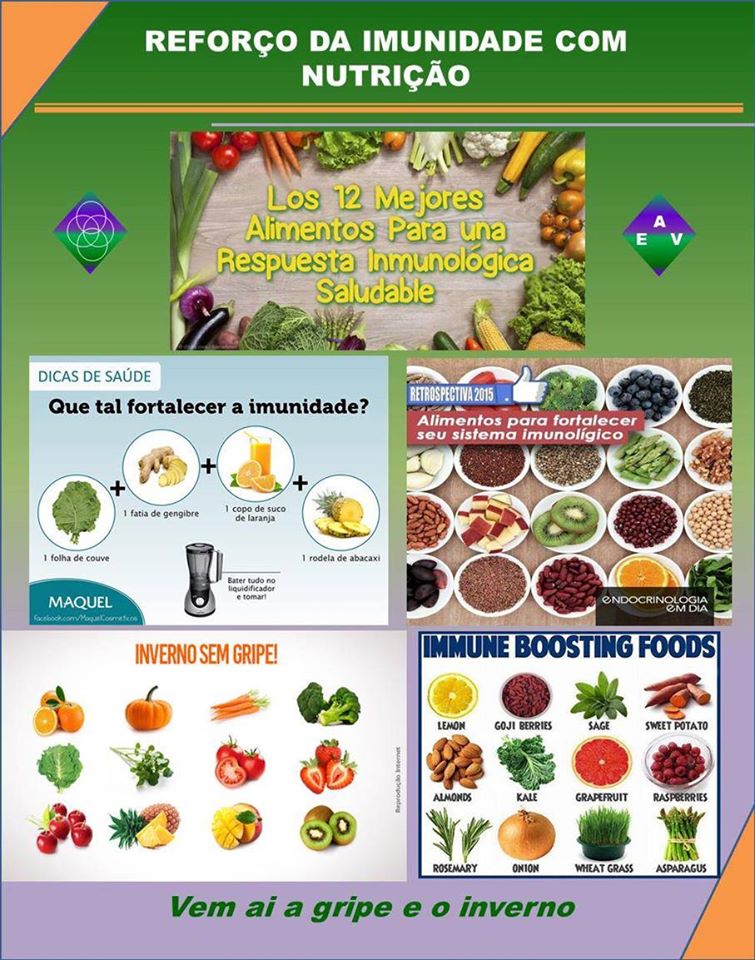
Carla: That’s beautiful. As facilitators I believe that we can not care more about someone else’s health than they care about their own health. It is not wise for us to be more invested energetically in someone else’s healing than they are. It’s admirable that you make yourself available to help others and then you release them to make their own decision.
Edwin: It’s the most we can do. It’s not unusual for me to hear from someone a year after they have heard my talk to let me know that now they are ready for more information. People have to follow this path according to their own timing.
Carla: What are some of your favorite foods, ingredients, and meals?
Edwin: I don’t have favorites. I think I like everything. I grew up in Bolivia where I was born and the main meals were based around potatoes and corn which I still enjoy. We eat fresh, in-season produce from our garden. My largest meal is breakfast for which I enjoy cereal grains, seeds, and fruit. Lunch may be a salad, rice, and beans or a soy-based dish. We have tea in the evening and everyday I have some frozen açaí fruit that is like natural sorbet. I drink water with lemons from our trees or diluted fresh mango juice. Over the weekend we may enjoy a little bit of wine, a happy habit I formed when living in wine country in California, USA, as a younger man.
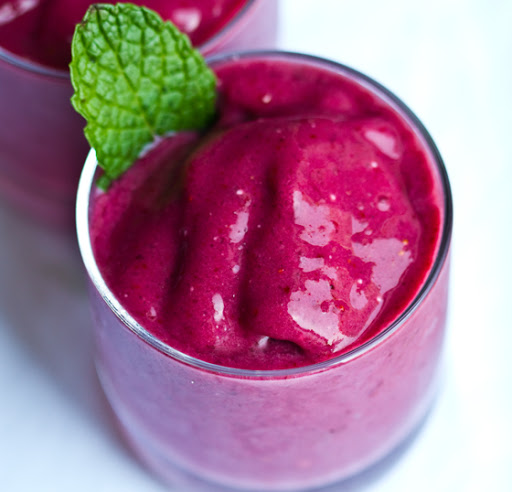
Carla: If you were speaking with someone who is in touch with nature, in tune with animals, and curious about cosmic mysteries, what would you say to encourage this person to explore these areas and to open themself up to a different way of living that might not resemble the mainstream status quo?
Edwin: I don’t think that consciousness can be taught. It comes with the person into this life. That person is going to be aware of it and, because of their karma, is going to see and look for it. They will feel the call. Listen to the call and then go seek. When you are eager to find these things, they will appear to you. Teachers will appear when your energy is in tune to find them. It’s a natural process.
I believe that about 80% of humanity is working within their solar plexus chakra which is an emotional center and where there is a lot of suffering. About 15% are trying to work with their heart chakra and the 4th dimension. Only about 1% of us make it up into the spiritual chakra. We come to this planet to pay our debts which we have to pay some way or another through suffering.
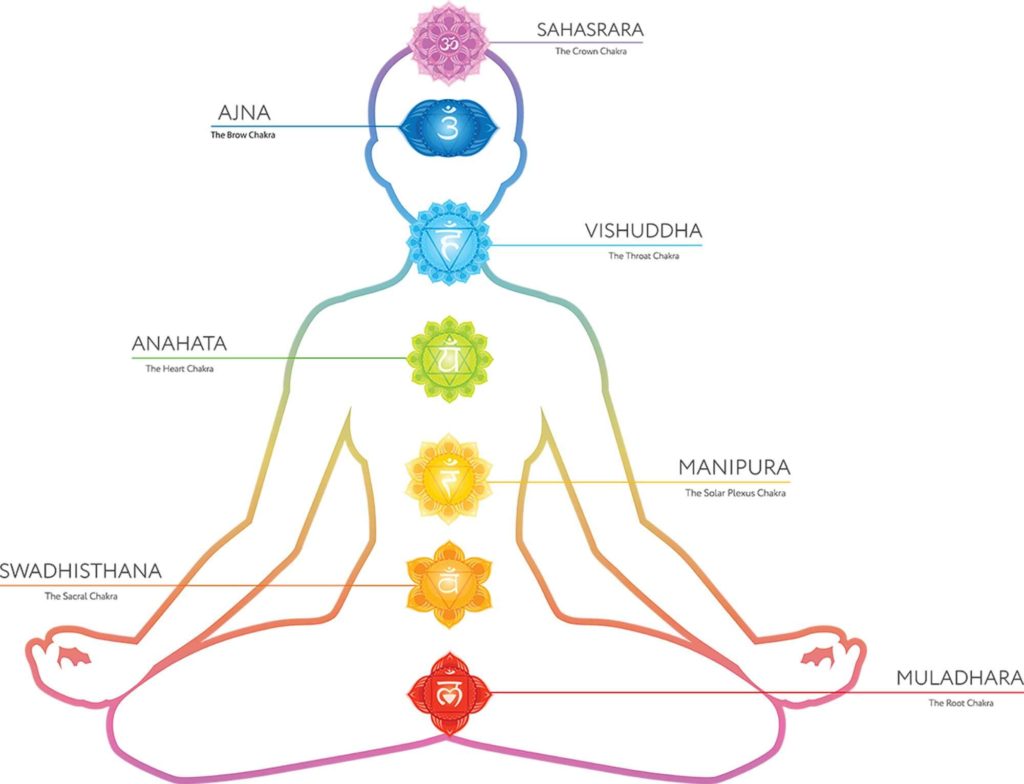
About 3 or 4 years ago I decided that I wasn’t going to work with people any more and commit my time and energy instead to working with and for the animals. They are suffering and they are innocent. If you work with people you learn that many really don’t want to feel better. To me it looks like it’s a waste of time. Some people know that they need to change and they don’t listen so they are destined to work on their path through the suffering instead of changing. There are two ways of eliminating karma: one is suffering, and the other is good deeds. Those who are not conscious will not know how to do good deeds and will suffer instead.
Carla: I have been blessed by this conversation Edwin. Thank you so much for sharing your time and your heart with me.
Readers, to access all the posts in this interview series, please click HERE.
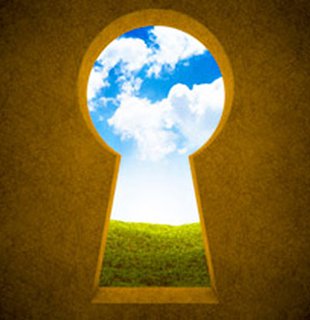
{ 0 comments… add one now }